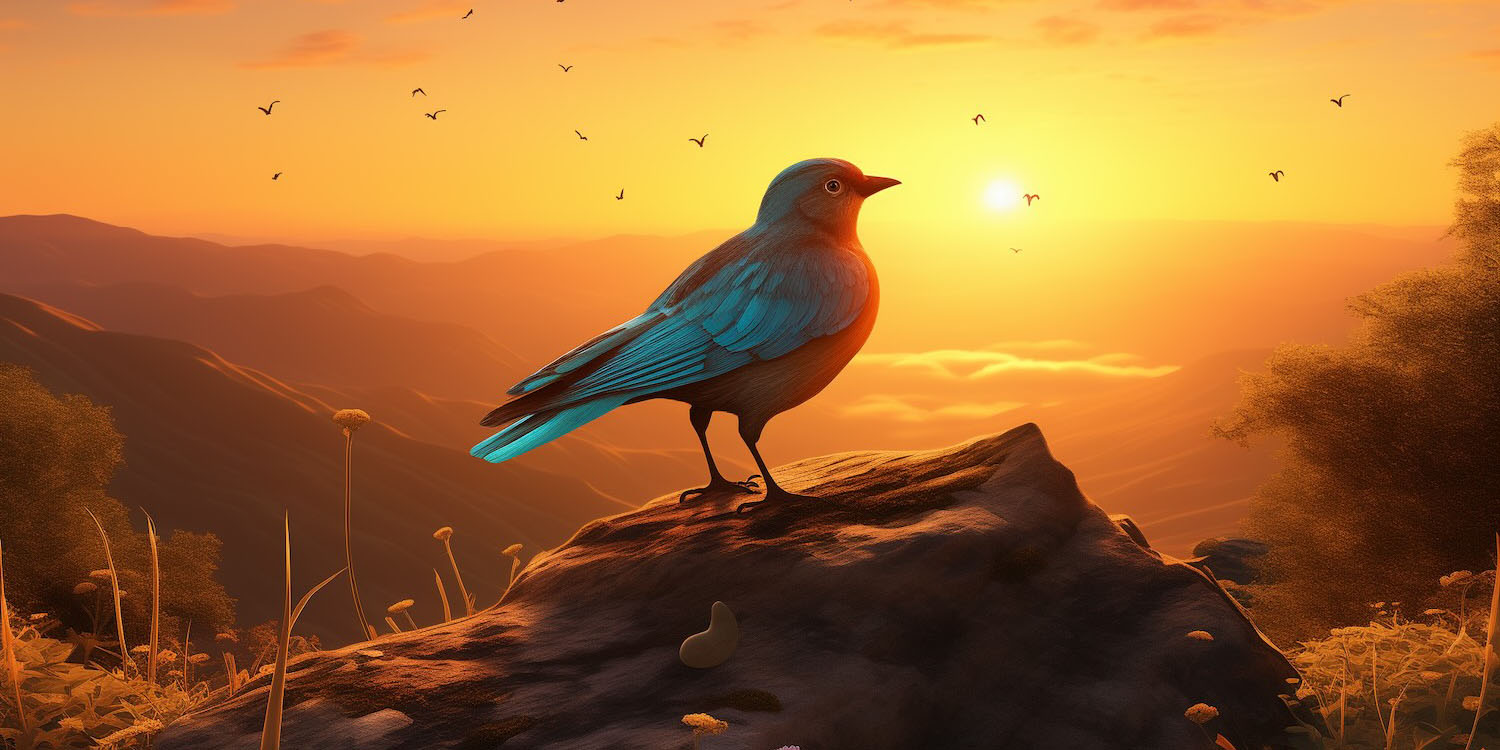Now that we're at the year anniversary of Elon Musk's acquisition of Twitter, it's clear that X is and will forever be something totally different. It seems an appropriate time to offer eulogy for what Twitter used to be.
I knew Twitter both as a casual reader and occasional tweeter, but, perhaps more importantly, as a social media researcher. From the earliest days of Twitter, we researchers were inspired by this idea that Twitter would be a way of understanding in near-real time human experience at a scale never before possible. The notion was that Twitter offered a way to observe, in near real-time, what different people in the world were thinking, doing, and saying.
In one of my more playful research projects, I tried to mine it to figure out what people wanted for Christmas. This was in 2012 - and I discovered that the top wishes were for:
- Justin Bieber (user's crushing over a celebrity)
- a hippo (users posting lyrics to the song),
- t-shirt (fans participating in an ad campaign where they would get a t-shirt if they tweeted that they wanted a particular t-shirt)
It was a comical reminder that even if Twitter told us what people were thinking and doing - they might not be the thoughts and actions we were most interested in.
Twitter certainly wasn't perfect - or even close to perfect. Hate speech and derogatory language was an issue from the earliest days. As on other platforms, that toxic behavior hurt many people - silencing voices that should have been heard and driving some people and communities off the platform entirely.
Because it impacted so many people in such damaging ways, this was a problem I picked up as an urgent topic of research. I had the opportunity to regularly interact with teams inside Twitter who were actively and passionately working on decreasing and solving this misinformation. Like many academics, I received pro-bono access to the Twitter API that allowed me to do our research.
While Twitter always fell short of having sufficient solutions, as a researcher in this area I appreciated the fact that they actively supported employees and researchers who were looking at, talking about, and offering solutions to the problems they knew they had - even if we regularly pointed out and even quantified their shortcomings.
Looking to the future, I worry that we're moving into a world in which the walls around social media platforms are being built higher as social media companies are trying to fiercely control the optics around their platforms, at the expense of transparency and access. As Twitter becomes whatever X is, it feels like the end of an era.


